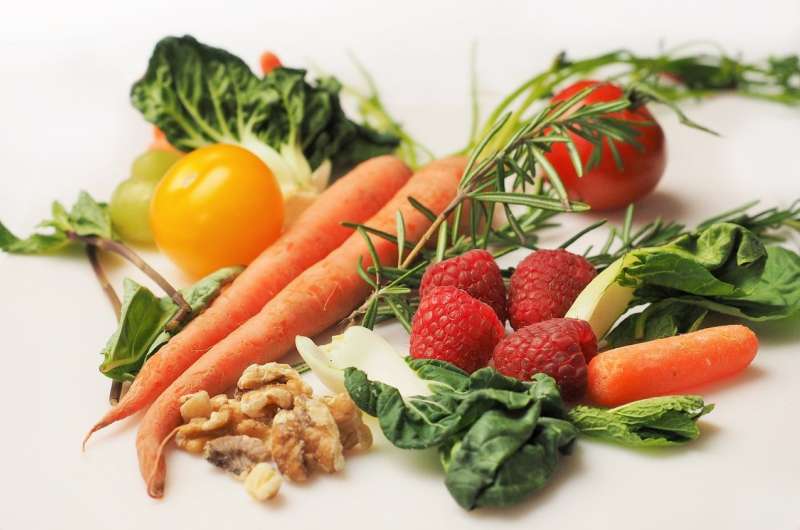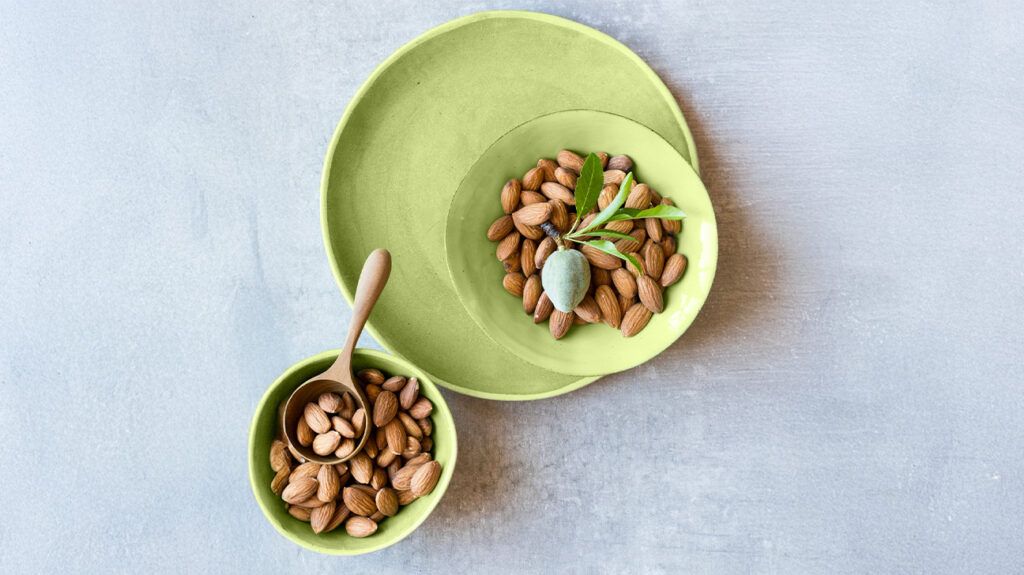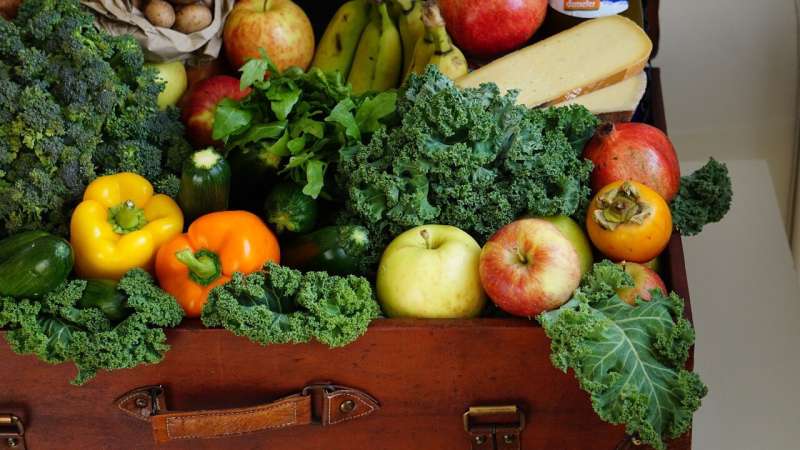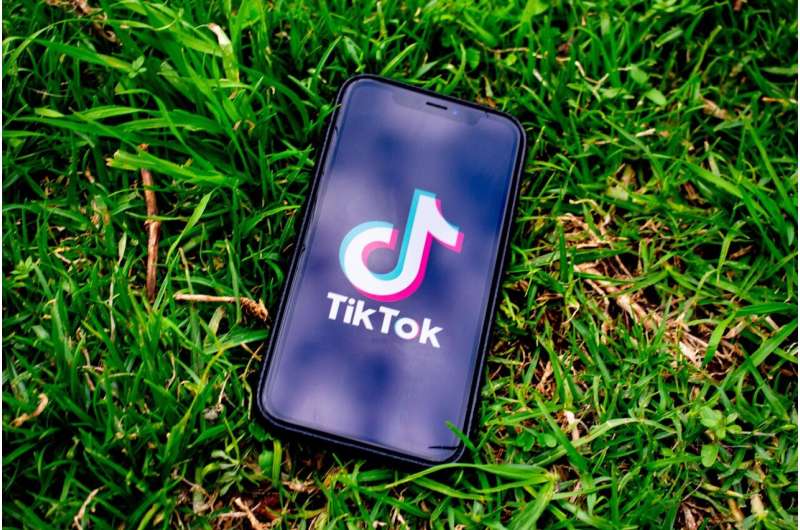Impact of Food Benefit Cuts on RFK Jr.'s Vision for a Healthier Nation

Recent cuts to food assistance programs threaten public health efforts by reducing access to nutritious foods, especially among vulnerable populations, as policy shifts prioritize cost-sharing and restriction measures.
A recent development in U.S. food assistance policy has raised concerns about its impact on public health efforts. The GOP-led Congress has approved a substantial budget reduction of $186 billion for the Supplemental Nutrition Assistance Program (SNAP) through 2034. Amidst this, the second Trump administration emphasizes healthy eating as a priority. They released a report titled "Make America Healthy Again," highlighting poor dietary habits as a key factor in childhood diseases and chronic conditions. Notably, states like Arkansas, Idaho, and Utah are now permitted for the first time in the program's history to limit the purchase of unhealthy foods using federal SNAP benefits.
President Donald Trump also signed a law on July 4 that shifts costs to states and tightens eligibility for SNAP by expanding work requirements. This legislation cuts about 20% of the program's budget, affecting approximately 3 million SNAP recipients who could lose benefits entirely, with many others facing reductions. An analysis by the Congressional Budget Office estimates that around 40 million Americans rely on SNAP, with vulnerable populations especially at risk.
Researchers argue that these cuts undermine efforts to promote healthy diets that prevent chronic illnesses. Kate Bauer, an associate professor of nutrition at the University of Michigan, noted that lower-cost foods are often processed and less nutritious. Critics contend that such policies favor wealthier individuals' health priorities while neglecting lower-income populations.
Data from the U.S. Department of Agriculture shows that in 2023, about 47 million people lived in food-insecure households, increasing risks of health issues like hypertension and diabetes. The Trump administration claims that the proposed funding reductions will not harm benefit recipients, asserting that cost-sharing and work requirements will strengthen SNAP.
Community advocates, such as Tiffany Terrell, emphasize that access to nutritious food can reduce health disparities and chronic disease. During the pandemic, increased SNAP payments led to healthier eating habits for many, including more fresh produce and protein. However, the rollback of pandemic aid has led to increased food insecurity and anxiety, particularly among minority families.
The administration is also promoting restrictions on certain purchases like soda and candy through state requests, with Secretary Robert F. Kennedy Jr. encouraging governors to submit waivers to eliminate sugary drinks from SNAP benefits. Critics argue that regulating purchases imposes stigma and practical challenges, whereas promoting healthy choices through education and incentives is more effective.
Community leaders express concern about the consequences of further reductions. Tiffany Terrell warns that families may be forced to choose between food and other essential bills, complicating efforts to improve public health and nutrition.
Source: https://medicalxpress.com/news/2025-07-food-benefits-rfk-jr-goals.html
Stay Updated with Mia's Feed
Get the latest health & wellness insights delivered straight to your inbox.
Related Articles
Eating 22 Almonds Daily May Extend Your Health Span, New Study Suggests
A new study suggests that eating just 22 almonds daily can reduce oxidative stress and may prolong your health span. Discover the benefits and tips for incorporating almonds into your diet.
Cancer Diagnosis Doesn’t Lead to Improved Diet or Eating Habits in Survivors
Research shows that a cancer diagnosis does not significantly influence survivors' dietary habits or awareness, highlighting the need for targeted nutritional guidance and interventions in survivorship care.
How Western Diets Are Altering Gut Microbiomes in Immigrant Populations
A new study reveals that Westernized diets significantly alter the gut microbiomes of Indian immigrants, leading to increased health risks such as inflammatory bowel disease. Traditional dietary patterns help maintain beneficial gut bacteria, highlighting the importance of cultural food practices.
Evaluating the Effectiveness of TikTok's Anti-Inflammatory Diets
Explore the science behind TikTok's popular anti-inflammatory diets and learn what truly helps reduce chronic inflammation for better health. Scientific insights highlight the importance of balanced eating patterns over restrictive food eliminations.



